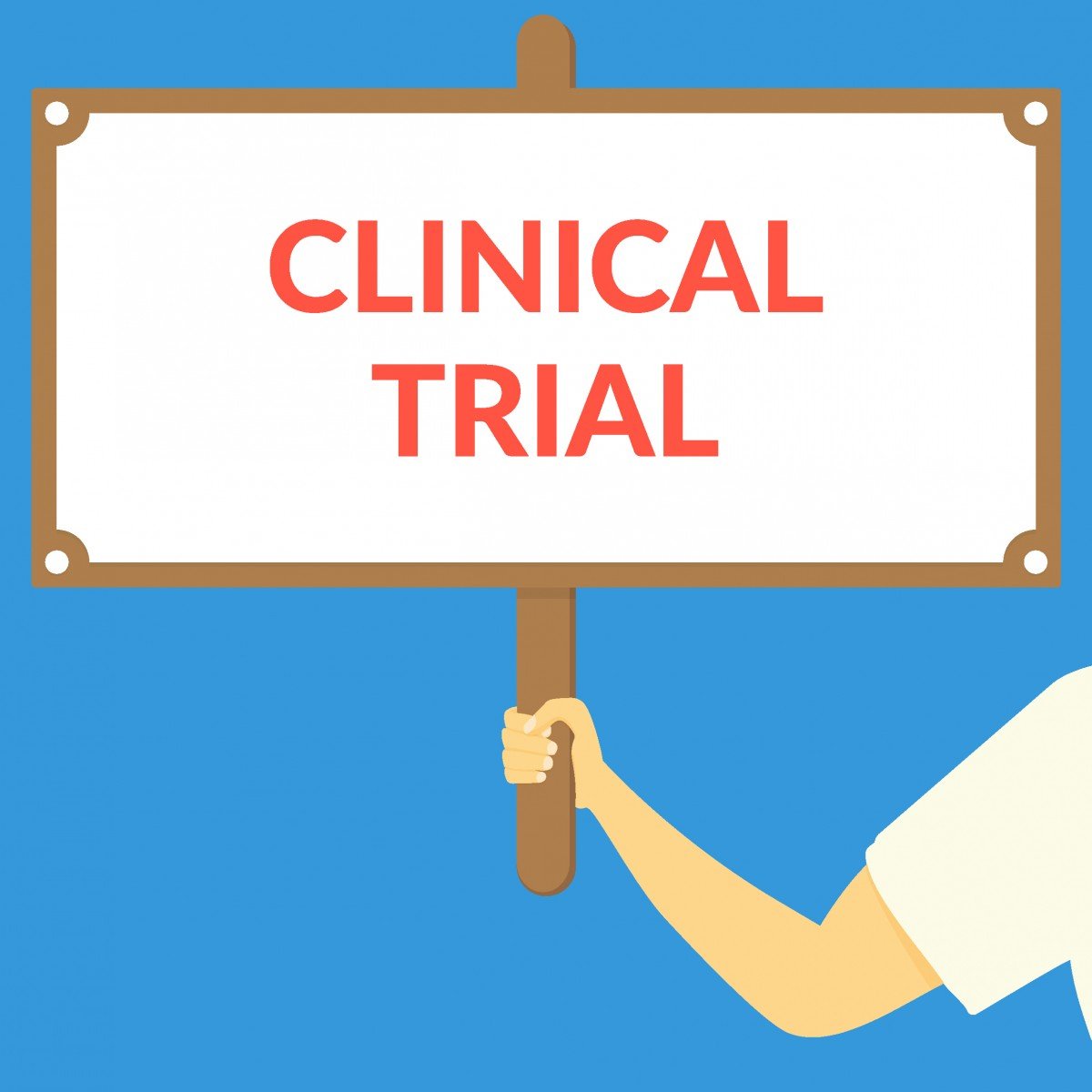Revatio Treatment After Mitral Valve Surgery Found to Alleviate PH Symptoms

Treatment with Revatio (sildenafil) after surgery to the heart’s mitral valve significantly lowered pulmonary arterial pressure in patients with pre-operative significant pulmonary hypertension, researchers from Israel report.
The study, “Sildenafil for Pulmonary Hypertension in the Early Postoperative Period After Mitral Valve Surgery,” was published in the Journal of Cardiothoracic and Vascular Anesthesia.
Left-sided heart disease is a common cause of pulmonary hypertension. The mitral valve connects the heart’s left chambers, ensuring proper blood flow from the left atrium to the left ventricle.
Mitral valve surgery has been shown to be effective for pulmonary hypertension secondary to mitral valve disease. But in many instances, pulmonary hypertension does not fully resolve after the surgery.
Therefore, in this Phase 4 study (NCT02378649), researchers evaluated the efficacy and safety of Revatio (marketed by Pfizer) in alleviating pulmonary hypertension after mitral valve surgery.
Revatio acts as a phosphodiesterase-5 (PDE-5) inhibitor. By blocking PDE-5, Revatio increases levels of cyclic guanosine monophosphate (cGMP), inducing relaxation of the blood vessels and improving blood flow.
Researchers identified 50 patients from Israel’s Sheba Medical Center with severe pulmonary hypertension who needed mitral valve surgery. The mean age of the participants was 68 years, and over half (52%) were men. Of the 50 patients, 88% (44) underwent mitral valve replacement, while 12% (6) had mitral valve repair surgery.
Patients were randomly assigned to two groups post-surgery: those who received 20 mg Revatio (25 patients) every eight hours, and those in the placebo group (25 patients).
Ask questions and share your knowledge of Pulmonary Hypertension in our forums.
Patients were on mechanical ventilation to support breathing after the surgery, and were kept on it as needed. Treatment was administered via a tube through the nose into the stomach (nasogastric tube) while patients required mechanical ventilation, then orally for the rest of the study.
The first dose was given immediately after surgery, once the patient was moved to the intensive care unit (ICU). The remaining doses were administered every eight hours for a total of 36 hours.
Patients’ blood flow dynamics (hemodynamic parameters) were monitored, namely blood pressure, oxygen levels, and the amount of blood pumped by the left side of the heart in one minute (cardiac index).
Results showed that Revatio treatment significantly lowered the mean pulmonary pressure from 32 mmHg at baseline to 26 mmHg after 36 hours of treatment. No significant difference was noted in the placebo group before (34 mmHg) and after treatment (35 mmHg).
All other hemodynamic parameters did not have a marked change in either group, the team noted.
The median duration of mechanical ventilation support was lower for those in the Revatio group (median 16 hours) compared to those on placebo (19 hours). Patients treated with Revatio also had a shorter stay in the ICU (74 versus 91 hours), and were discharged from the hospital sooner (7 versus 11 days) compared to the placebo group.
“The immediate postoperative administration of sildenafil [Revatio] after mitral valve surgery in patients with secondary [pulmonary hypertension] is safe,” the researchers concluded. “This treatment should be considered in all patients with [pulmonary hypertension] after mitral valve surgery, irrespective of their respiratory or hemodynamic state.”







